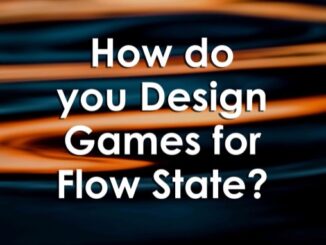
How do you Design Games for Flow State
Flow is a sought after experience in games – engaging and enthralling because players lose sense of time / space and are completely engrossed in the game world. […]

Flow is a sought after experience in games – engaging and enthralling because players lose sense of time / space and are completely engrossed in the game world. […]

Accessibility is often talked about. But, what does it mean and what does it entail when designing games for entertainment, learning, or personal development? […]
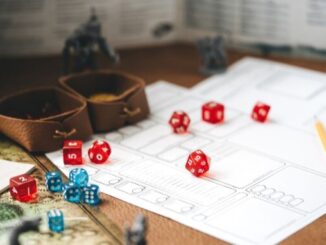
Knowing ourselves and then writing about it can feel like a steep mountain to climb and often there is nothing more daunting than writing a CV. […]
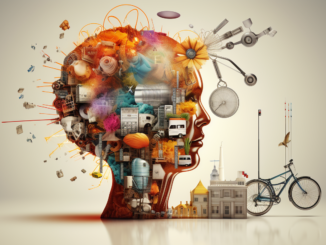
Design Thinking is a One-card Game designed by Sarah Le-Fevre. It was designed as part of a one-card challenge, put out to LinkedIn, and responded to by several people who thought a one-card game would […]
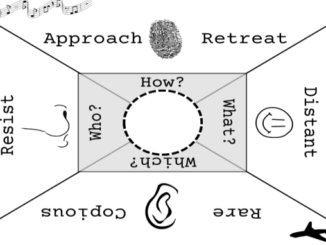
Meander is a One-card Game designed by Sarah Le-Fevre. Its release into the world coincides with the day of the 2023 World Wide Wander, for which Ludogogy was a partner – September 29th 2023. You […]
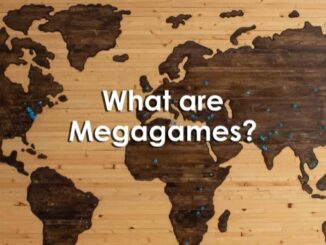
A megagame is an interesting combination of different game elements encountered in other places. They involve role-playing, simulation, and social interactions. […]
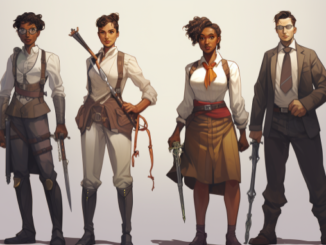
An unconventional yet promising approach to tackle ‘wicked’ systemic issues, like climate change and inequality, is to use tabletop Role-Playing Games (RPGs). […]
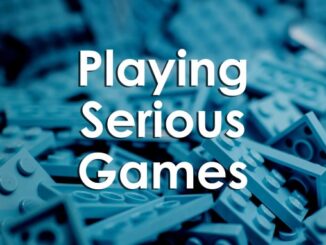
Serious games can be incredible tools for teaching, learning, and education. They help players learn experientially though play by putting concepts into use […]
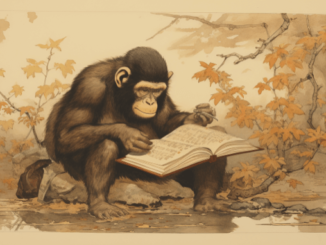
Come explore the Fantastic and Fabulous in Learning and Facilitation and discover the answer to the most important question of all
“And then what happened” […]

Learning done well is more like play than ‘work’. There are many games which can help to instill learning skills, as you and your family enjoy time together. […]

Often designers leave rulebooks till the end of the design process. However writing clear, concise, and actionable rules is more challenging than you may think. […]
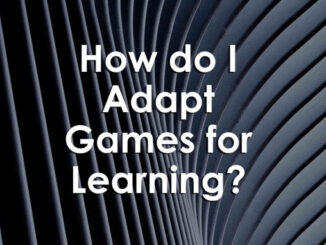
Games-based learning is the use of games as a medium for learning. As such, educators often need to adapt existing games as vehicles for teaching and learning. […]
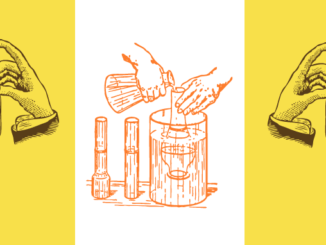
How do the use of game mechanics relate to learner engagement in the context of serious games? Does more game experience necessarily mean greater engagement? […]
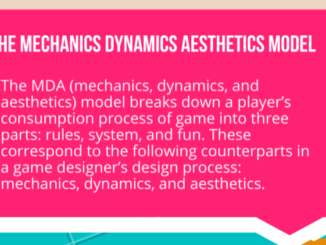
The MDA model breaks down a player’s consumption of the game into three parts, rules, system and fun. These correspond to Mechanics, Dynamics and Aesthetics […]
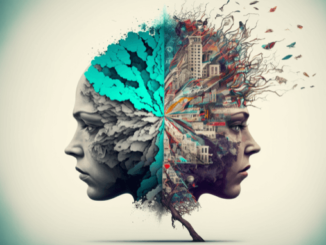
The ‘Magic Circle’ of games enables many things. One that is important, from a learning perspective, is the opportunity to step into the shoes of other people. […]
Ludogogy 2025